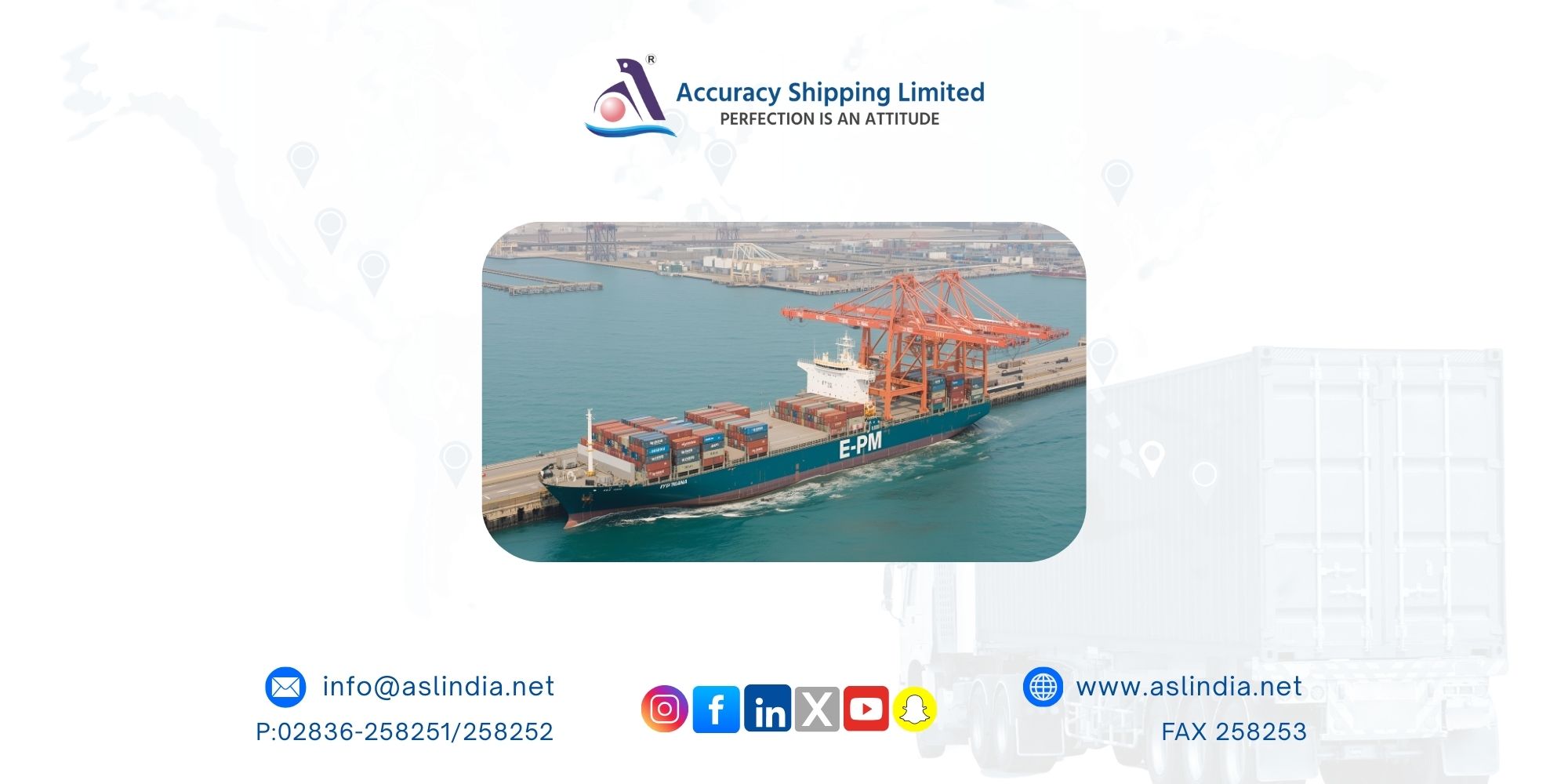Centre plans ₹2,000-crore insurance corpus to support shipbuilders

The Indian government is preparing a major step to strengthen the domestic shipbuilding industry by setting up a ₹2,000-crore insurance corpus. The initiative aims to shield shipyards from the risks of buyer defaults, which have historically threatened the survival of several players in this capital-intensive and nascent sector.
Protection Against Buyer Defaults
Shipbuilding is highly capital intensive, and even a single buyer default can cripple a shipyard. At present, Indian shipbuilders have little recourse if a client backs out of an order midway or at the time of delivery, especially for large and customised vessels that are difficult to resell. The proposed insurance product will fill this gap by compensating shipyards, ensuring greater business continuity and financial stability.
Backed by Government Support
The Ministry of Ports, Shipping and Waterways, in consultation with the finance ministry and other stakeholders, is working to launch this scheme through a public-sector agency. Entities like the National Credit Guarantee Trustee Company (NCGTC) and the Export Credit Guarantee Corporation (ECGC) are being considered to manage the fund. Premium replenishment will depend on claims, which globally average about 5% of orders.
Part of a Larger Shipbuilding Push
This corpus forms a critical component of the broader ₹20,000-crore shipbuilding cluster scheme announced in the Union Budget. The larger plan seeks to build integrated shipbuilding hubs, attract global shipbuilders, and develop a robust domestic ecosystem. By reducing risks for shipyards, the insurance product could also encourage ship financing, paving the way for stronger foreign and domestic investment.
Learning from Global Models
Countries like South Korea have long used government-backed buyer default insurance, keeping premiums affordable and giving shipbuilders confidence to take on large orders. India’s adoption of a similar model could bring much-needed stability to the sector and enable it to compete with established global players.
A Lesson from Past Defaults
The absence of such protection has previously led to major setbacks in India. Larsen & Toubro, for instance, faced stranded vessels due to buyer defaults before exiting commercial shipbuilding. With the proposed corpus in place, experts believe Indian shipbuilders will finally have a safeguard against similar challenges, strengthening both shipbuilding and ship financing in the country.
Conclusion
The ₹2,000-crore insurance corpus is a significant move toward de-risking India’s shipbuilding sector. By protecting shipyards from buyer defaults, it not only ensures business sustainability but also positions India to become a stronger global player in the maritime industry.







